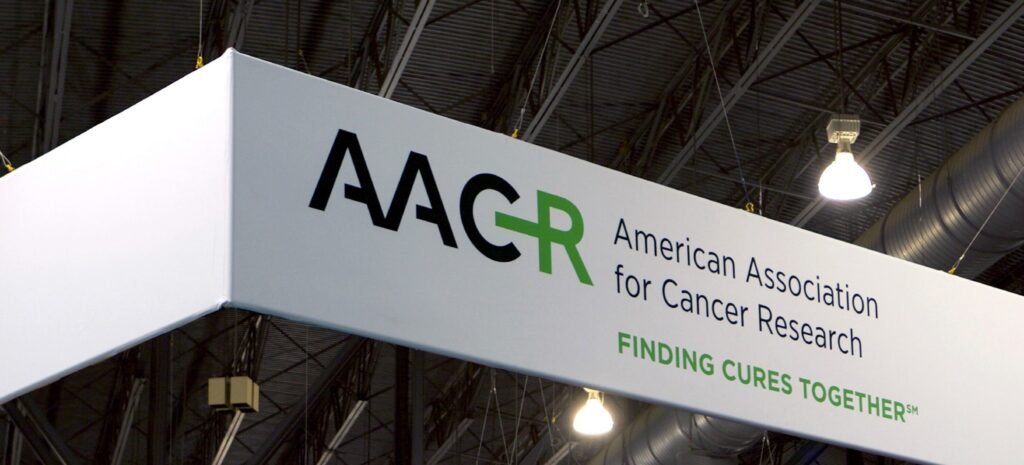New research unveiled at the American Association for Cancer Research meeting points to promising treatments for head and neck cancer, lung cancer, and other malignancies
New research unveiled at the American Association for Cancer Research meeting points to promising treatments for head and neck cancer, lung cancer, and other malignancies

The American Association for Cancer Research (AACR) Annual Meeting opened in Chicago, showcasing groundbreaking studies across several cancer types including head and neck, breast, and lung cancers. The event drew leading cancer experts, clinicians, and researchers united by the goal of translating science into improved patient outcomes. Among the many significant developments shared, a few studies stood out for their potential to change treatment paradigms.
One of the headliners was the presentation of data from a Phase 3 clinical trial led by Dana-Farber Cancer Institute doctors exploring the use of pembrolizumab in combination with surgery for locally advanced head and neck squamous cell carcinoma. This immunotherapy approach uses pembrolizumab before and after surgery to stimulate the immune system. The trial demonstrated significant patient benefit, marking the first major treatment advancement for this cancer type in more than 20 years. The Food and Drug Administration now reviews pembrolizumab for possible approval in this setting, which would redefine the standard of care.
Lung cancer researchers also reported progress, notably on novel therapies targeting RAS gene mutations. A Phase 1 trial investigating daraxonrasib, a RAS inhibitor, showed that in patients with advanced lung cancers harboring KRAS mutations, the drug cleared mutant tumor DNA in the majority who responded to treatment. This kind of molecular targeting represents a promising step forward for a disease often resistant to existing therapies.
Immunotherapy continues to be a theme, with data emerging for several innovative treatments. One ongoing Phase I trial exploring a CAR NK cell therapy for acute myeloid leukemia revealed complete remission in some patients with relapsed disease, emphasizing the potential for off-the-shelf adoptive cell therapies. Another early-stage trial showed that PD-1 blockade with dostarlimab could result in complete tumor clearance for mismatch repair-deficient cancers, allowing some patients to avoid surgery or radiation altogether.
Meanwhile, related research from China introduced advanced gene delivery systems to restore tumor suppressor genes in non-small cell lung cancer, enhancing responses to immunotherapy. This approach further underscores the rapid advances in precision medicine and gene-based therapies aiming to improve efficacy and outcomes for difficult-to-treat cancers.
The AACR meeting on April 25 highlighted not just one breakthrough, but a continuum of advances driven by genetics, immunotherapy, and novel targeted agents. These studies underscore the momentum in cancer research toward more personalized and effective treatment strategies, offering new hope for patients with some of the most challenging malignancies. Collectively, the data presented promises to shape how cancer is treated and managed in the coming years, as several agents move toward regulatory review and broader clinical use.
Keep in touch with our news & offers